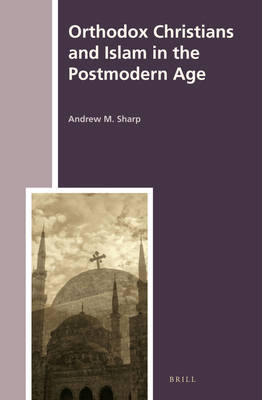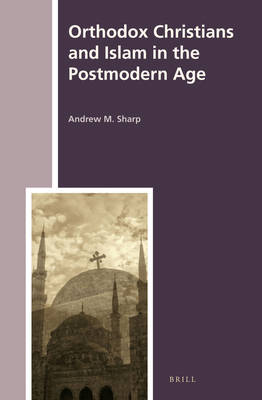
- Afhalen na 1 uur in een winkel met voorraad
- Gratis thuislevering in België vanaf € 30
- Ruim aanbod met 7 miljoen producten
- Afhalen na 1 uur in een winkel met voorraad
- Gratis thuislevering in België vanaf € 30
- Ruim aanbod met 7 miljoen producten
Zoeken
Omschrijving
The patristic, ecclesiological, and liturgical revival in the Orthodox Church has had a profound impact on world Orthodoxy and the ecumenical movement. Orthodox leaders have also contributed to the movement's efforts in inter-religious dialogue, especially with Muslims. Yet this book is the first comprehensive attempt to assess an Orthodox 'position' on Islam. It explains why, despite being neighbors for centuries, relations between Orthodox Christians and Muslims have become increasingly complex as internal and external forces challenge their ability to understand each other and live in peace. It demonstrates how a growing number of Orthodox scholars and leaders have reframed the discussion on Islam, while endorsing and participating in dialogue with Muslims. It shows how a positive relationship with Muslims (and Islam in a general sense) is an essential aspect of Orthodox Christians' historical past, present identity, and future aspirations.
Specificaties
Betrokkenen
- Auteur(s):
- Uitgeverij:
Inhoud
- Aantal bladzijden:
- 266
- Taal:
- Engels
- Reeks:
- Reeksnummer:
- nr. 16
Eigenschappen
- Productcode (EAN):
- 9789004228030
- Verschijningsdatum:
- 27/06/2012
- Uitvoering:
- Hardcover
- Formaat:
- Genaaid
- Afmetingen:
- 160 mm x 239 mm
- Gewicht:
- 544 g

Alleen bij Standaard Boekhandel
+ 476 punten op je klantenkaart van Standaard Boekhandel
Beoordelingen
We publiceren alleen reviews die voldoen aan de voorwaarden voor reviews. Bekijk onze voorwaarden voor reviews.








